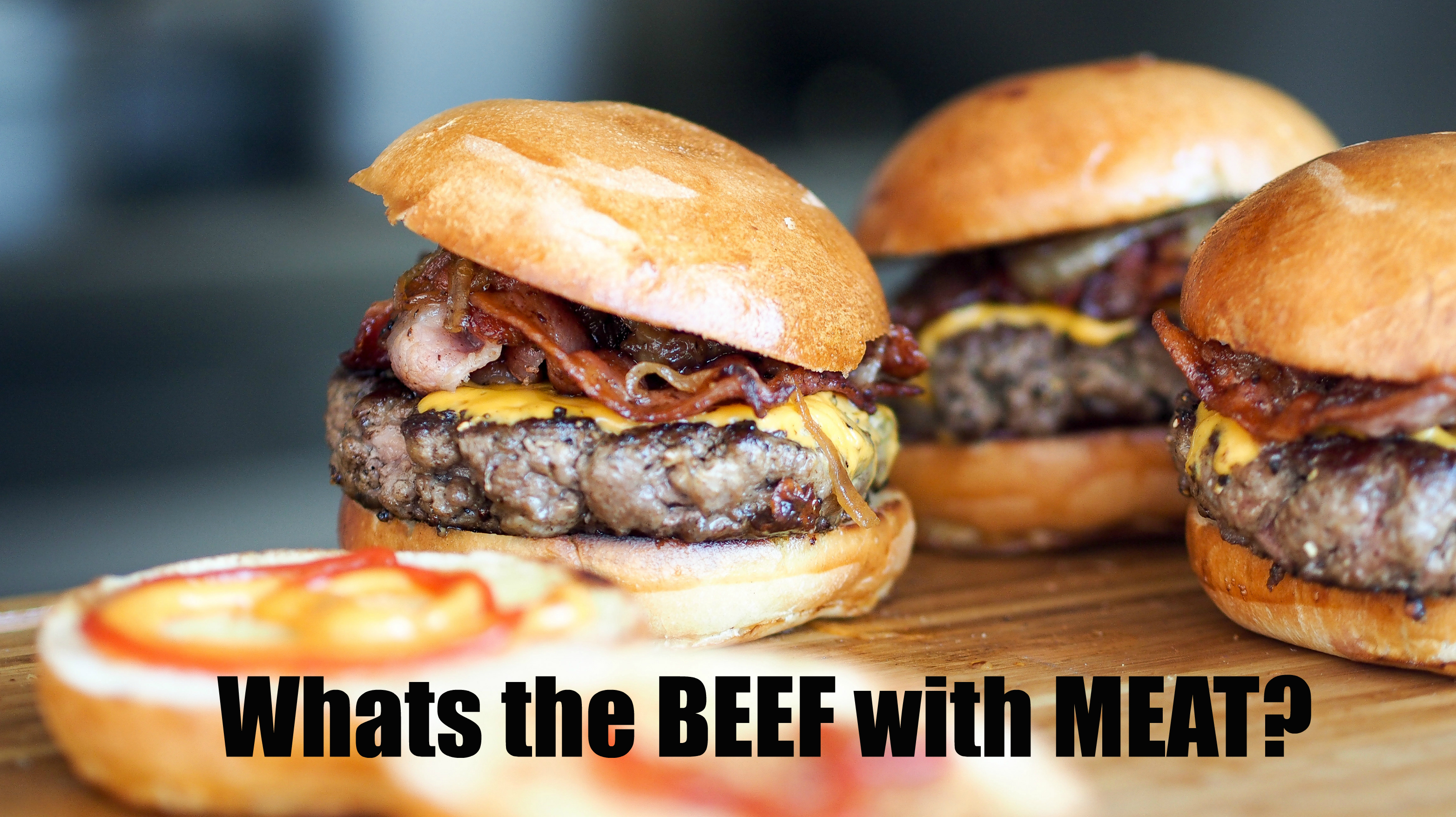I had lunch with a good friend recently and as she ordered her club sandwich, she requested that the bacon be left off of it. As I glanced her way she sort of sighed and said ‘did you see the W.H.O. report, now bacon can cause cancer!’
Of course, she was referring to the clarification report that the World Health Organization recently issued stating that there is an increased risk for colorectal cancer from eating processed meat.
Before we all jump to conclusions about this, it is important to understand the data behind the statements. The W.H.O. has classified meat alongside numerous other products as a ’probably and possible carcinogen’. It lists bacon alongside cigarettes, alcohol and asbestos. We know that smoking raises a person’s risk of developing lung cancer by 2,500 percent (so quit smoking NOW!). Based on the association identified by the W.H.O., two daily strips of bacon would translate to about a 6 percent risk for colon cancer (up from the 5 percent risk for those who aren’t enjoying bacon). Sadly, the messages that came forward after the W.H.O. announcement made it sound as if bacon is just as bad as cigarettes.
Another factor that isn’t considered in this report is the overall lifestyle of individuals. Could it be that the bacon eaters are more likely to be smokers or sedentary – factors that increase your risk of cancer and that the non-meat eaters exercise regularly and eat their vegetables (which helps to protect them)? How about the genetics of the individual? We know that genetics can play a role in cancer.
Although red and processed meats can increase your risk of colon cancer, there is no need to cut these products from your diet entirely.
Red meat has been identified as all types of mammalian muscle meat (beef, veal, pork, lamb, mutton, horse, and goat). Processed meat refers to meat that has been transformed through salting, curing, fermentation, smoking or other processes to enhance flavor or improve preservation (hot dogs, sausages and ham are a few examples). Some processed meats contain nitrites, which are potential carcinogens, If you are a big consumer of red and processed meet, an easy step to take is to reduce your intake. Also, experts recommend an annual screening between the ages of 50 and 75 (or earlier if there is a family history of colorectal cancer). Your doctor can provide you with guidance on diet and recommended screenings during your annual physical.
Here are my rules when it comes to meat, based on my understanding of the science
- I stick to grass fed/vegetarian fed, organic meat. It is obviously more expensive, but I’d rather cut down on other non-essential things in order to afford good meat.
- I avoid all processed meats that contain nitrites. I look for labels that specifically say NITRATE free.
- I try to limit red meat overall all. We mostly eat chicken. I use ground turkey instead of ground beef. If I have bacon, it’s turkey bacon
- When it comes to eggs and milk, I stick with the same principles – organic, vegetarian fed.
- I try to eat fish twice a week and only go for wild caught fish. Given the recent oil spills in our waters, I try to find Icelandic fish if I can.
To be honest, this W.H.O. clarification didn’t really alter the way that I eat. We were already avoiding processed meats – earlier research has supported that these forms of meat aren’t very good for you. We limit our consumption of red meat and when we do enjoy meat it is organic and we stick to the leaner cuts of meat. I suggested to my friend that she go ahead and enjoy the bacon on her sandwich. I know that she lives a relatively healthy lifestyle – a few slices of bacon every so often is not going to have a drastic effect on her overall health.
What about you? Would you eat the bacon? Connect with me on Facebook and share your thoughts!
African American Dermatologist


